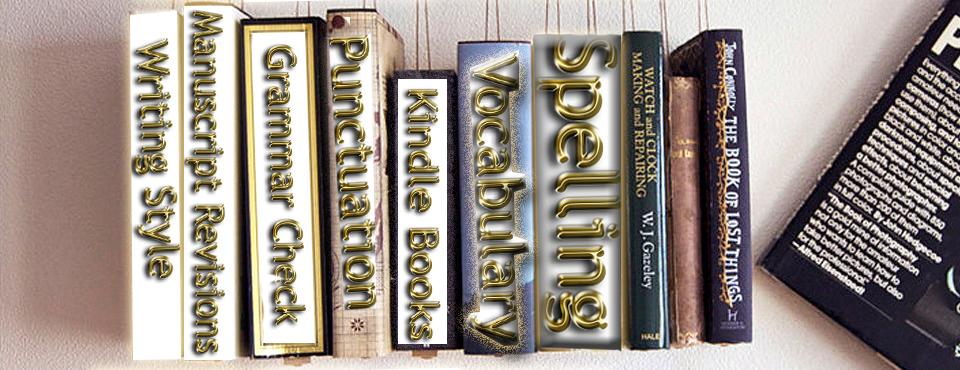Great characters stand on their own feet without the help of luck, fate or the need for their author’s constant intervention. They could make the transition from one novel to another with little stress and it would seem as if they always belonged in the new tale they migrated to. From page one of the story great characters are evolving, developing, maturing, disintegrating before their readers eyes, adding to both their own knowledge of life and ours as we read their stories. Great literary characters are constantly adjusting their attitudes according to the stimuli they encounter from scene to scene. And thus, a great tale can be defined as an entertaining account of a key character’s journey.
Inner turmoil, personal conflict, unmanageable desire, character flaws and strengths; the author’s job is to paint a convincing portrait of an important episode in a specific individual’s life. To understand the impact of the episode we must first have a keen awareness of who the person is who is going to be affected profoundly by the episode. The same plot will have different effects on different characters. Thus great characterization develops the plot or scene sequence of a good story. Yet, many writers and scholars claim plot comes first and only through a series of influential events are great characters developed. The debate is as old as who came first the chicken or the egg?
One seemingly truth is that without main characters a story has little chance of gaining momentum enough to become a great tale. Depictions of events multiply in drama, intensity and emotional impact when they are told from the view point of specific characters. Stories no matter how exciting seem to lose their value unless they are about their impact on people. And, there must be a reason for telling the tale…Theme!
“To produce a mighty book, you must choose a mighty theme.”
- Herman Melville
Stories without strong themes are quickly forgotten. Themes get their strength from the plot’s effect on the characters. So, characters must be strong in their convictions going into the very first scene then they must be equally as strong in their new convictions gained all along the journey. The author’s chore is to convey to the reader his characters beliefs as they shift, ripen or deteriorate with each scene.
“First, find out what your hero wants, then just follow him!”
- Ray Bradbury
How do you start your stories? What is the most important element of a great story? Is it easier to start writing by creating a few characters then letting your imagination take things from there, or to have an idea you wish to present first then build a plot that supports your idea or should you start with an event then describe how it affects a specific set of people?
Stephen King explains his story composing technique – “I try to create sympathy for my characters then turn the monsters loose.”




 RSS Feed
RSS Feed